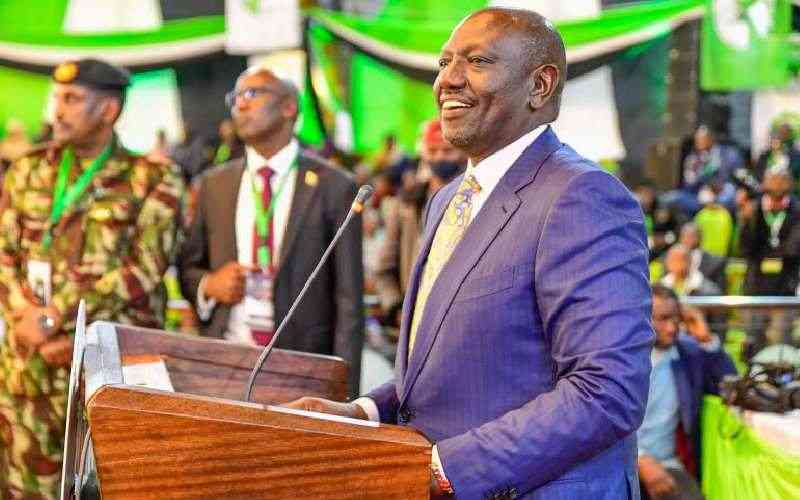×
The Standard e-Paper
Smart Minds Choose Us

By the time of writing this article, the presidential polls were too close to call contrary to the opinion polls.
Their prediction was confounded by lower voter turnout and another simple fact that voting is secret. We can't tell how someone will vote till they have voted.